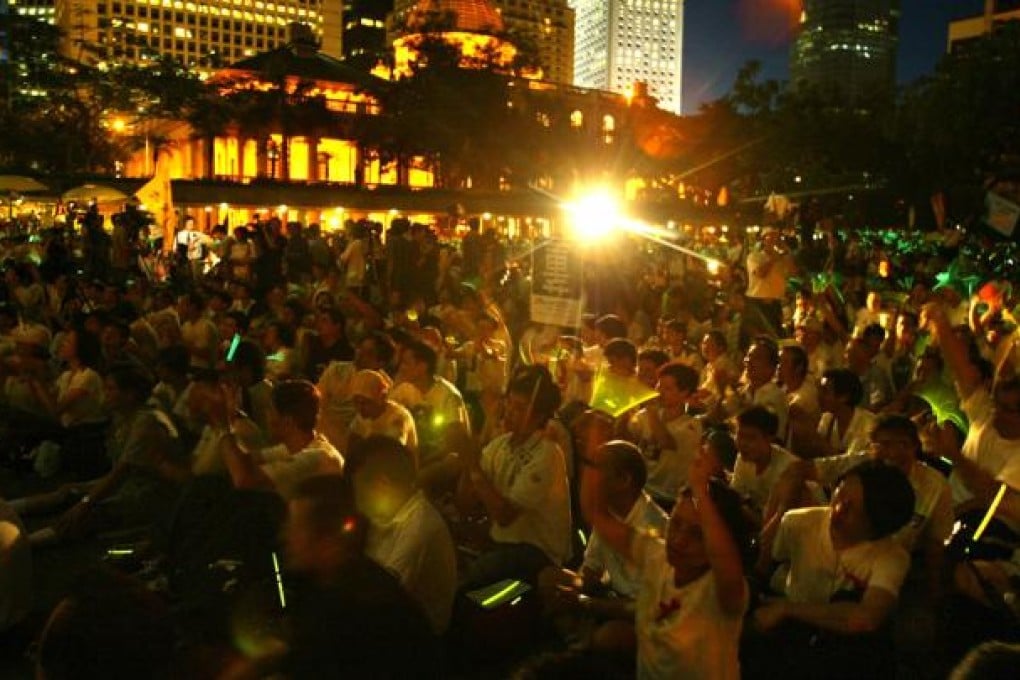Beijing must provide evidence to support political warning

Tension is rising after Beijing apparently stepped up its rhetoric on how Hong Kong should be governed. After a war of words over an alleged pro-independence force in the city, a top mainland official sparked more controversy by accusing external forces of interfering with local elections. The remarks have inevitably fuelled the fire and raised concerns that the central government may tighten its grip over the city's affairs.
Hong Kong's openness to foreign influences has long been a matter of concern to Beijing. With universal suffrage for the chief executive election due in 2017, the caution against overseas intervention is, therefore, not unexpected. But deputy director of Hong Kong and Macau Affairs Office Zhang Xiaoming has taken it further. In an article in the study guide to the report of the Chinese Communist Party's 18th congress, Zhang said external forces had helped pan-democrats co-ordinate the electoral line-up. He called for Article 23 legislation to be enacted at an appropriate time, which prohibits ties with foreign political bodies and other national security crimes.
The allegation is a serious one. If confirmed, there is every reason to be concerned. It is, therefore, imperative for Zhang to substantiate the claim. The relevant forces should also be asked to explain whether they have done anything that amounts to interference. But if the claim is not backed by evidence, it remains nothing more than political rhetoric. Unfounded accusations will only provoke the people and stir distrust.
Beijing's strong remarks have raised concerns about whether it will adopt a tough stance on local affairs. Warning against movements Beijing opposes, such as conducting referendums and promoting Hong Kong as a city-state, Zhang stressed the need to better exercise powers under the Basic Law. These include the appointments of the chief executive as well as scrutinising laws passed by our legislature.
There is no question that the central government can use its authority in accordance with the law. As Zhang noted, the mini-constitution has clear provisions on how a wide range of powers is to be exercised. So far there is no evidence to show these powers have been curbed. It would be dangerous if Zhang's suggestions to improve the mechanisms and the exercise of powers are seen by the public as disrupting the city's autonomy under the "one country, two systems" policy.
